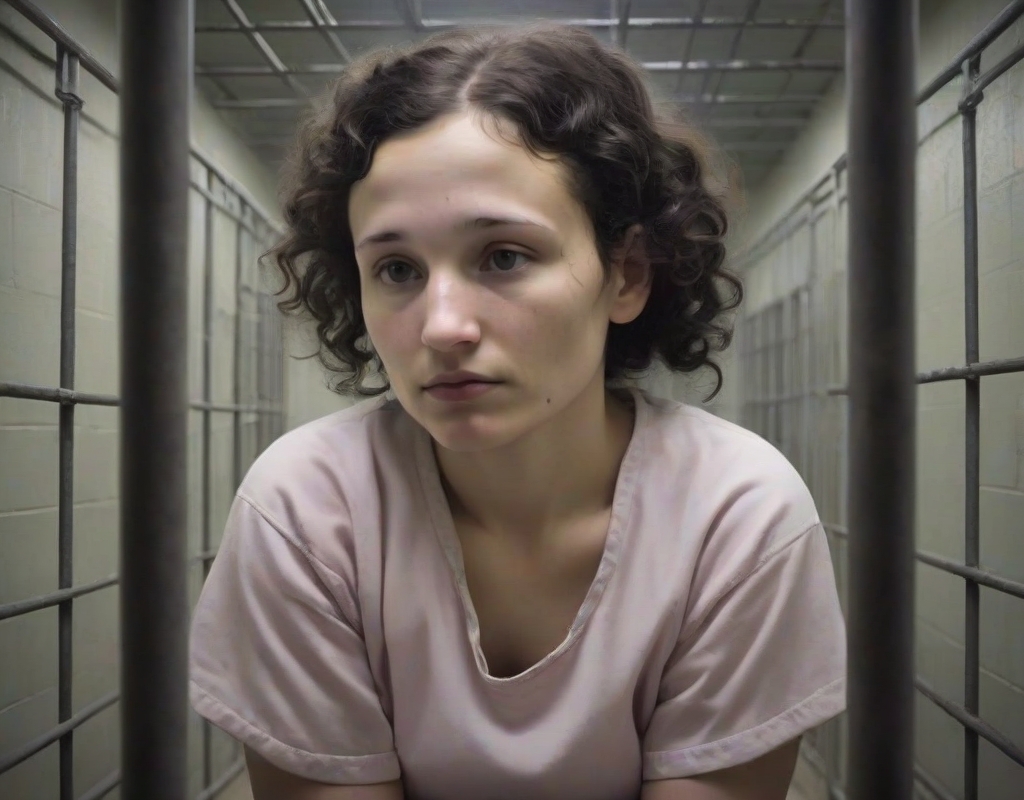In a personal and detailed conversation, Gypsy Rose Blanchard, known for her involvement in the highly publicized murder of her mother, has shared insights into her explorations of sexuality while imprisoned.
Currently into her 10-year prison tenure for her participation in the aforementioned crime, Blanchard discussed with a journalist the path to understanding herself better while confined.
“Prison has provided me with the chance to really explore my sexuality,” Blanchard revealed. “It’s crucial for me to learn about my identity and preferences during this time.”
Identifying as bisexual, Blanchard disclosed that she has engaged in relationships with both men and women during her incarceration.
“I’ve experienced relationships with men and women alike here,” she noted. “For me, it’s more about the person than the gender. I connect with people who appeal to my liking.”
She also delved into the complexities of maintaining a same-sex relationship in the restrictive and often hostile environment of prison, highlighting issues such as minimal privacy and the potential for conflict.
“Managing a same-sex relationship in this setting is challenging. There’s always a fear of negative repercussions, but being true to myself and finding happiness with someone is worth the risk,” Blanchard explained.
As she approaches her eventual release, Blanchard reflects on her past actions with regret and emphasizes her commitment to personal growth and making amends.
“I am fully aware of the gravity of my past actions and the lifelong consequences they carry,” she commented. “However, I’m focused on improving myself and repairing the damages. Part of my rehabilitation involves understanding my desires and whom I wish to share my future with.”
Blanchard’s life story, marked not just by crime but also her strife under her mother’s maltreatment, has been adapted into several documentaries and dramatizations, most notably Hulu’s “The Act.”
Looking ahead, Blanchard is hopeful about her reintegration into society and the continuance of her developmental journey.
“There’s much more I need to work on, but I’m prepared to take on what comes my way,” she affirmed. “I’m eager to uncover what lies ahead for my personal life and professional aspirations.”
Through her candid discussion, Blanchard gives us a rare insight into the personal and romantic challenges faced by those in the penal system. Her willingness to openly discuss her experiences, including her sexuality, adds a powerful narrative to her ongoing story of self-discovery and serves as a source of inspiration.




